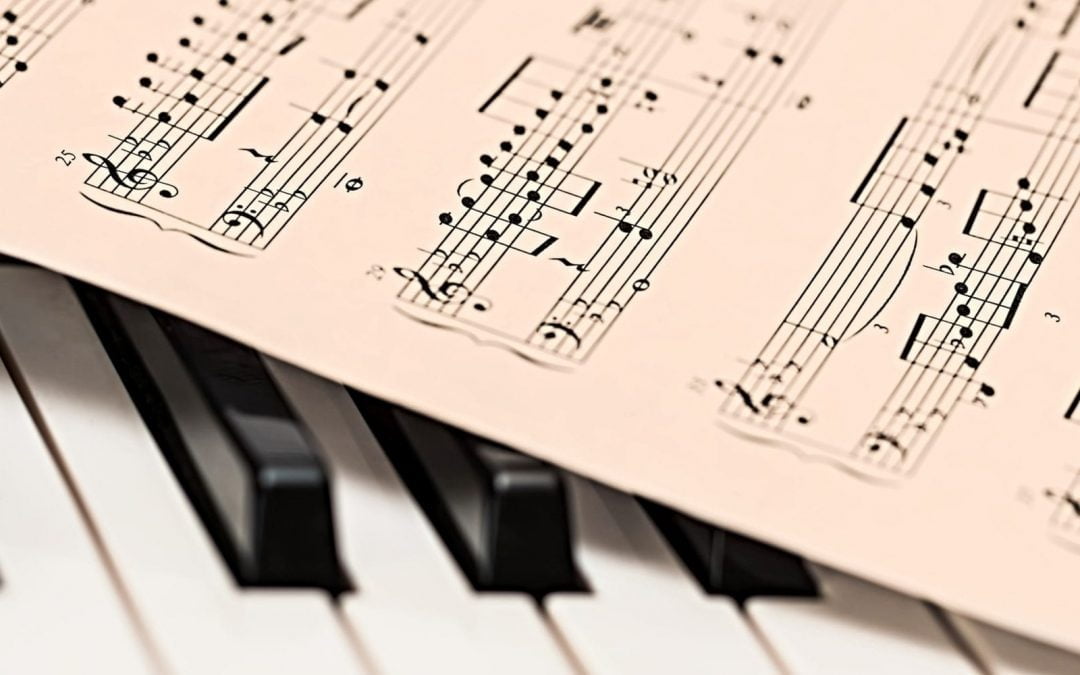Music matters in worship.
Music is powerful. Music affects us. Stirs our emotions. Helps us make sense of our lives. Connects us to others. Soothes us.
Music also annoys us. Distracts us. Unsettles us. Allures us. Alienates us. Deceives us.
Music violates our sensibilities. It exists outside of our control when it’s made by others and affects us in ways we are often unable to articulate.
Despite all of this, theologian and hymn writer Brian Wren writes in his book, “Praying Twice,” that “congregational song is an indispensable part of Christian public worship.” Others agree.
Those last two words sound like I am about to go on a long rampage of academic citations. I’m not.
Instead, I’m going to point out that almost all of us have music in our weekly gatherings.
Why? Because music matters.
But why does it matter? Because it’s affective, emotive, meaningful, soothing, annoying, distracting, unsettling, alluring, alienating, deceptive and only marginally controllable.
In short, music is ethically powerful.
Doubly so in church.
But what do I mean by saying that it is ethically powerful? I mean that because musical activity exerts so much influence over us that it actually helps us determine what right, wrong, good and bad are.
But I also mean more than that. I also mean that we care a lot about music, that some parts of our identity – our self-understanding – is tied up in music, that we maybe even love some music.
And still more; music influences what we love. And what we love, we will justify.
Doubly so in church.
So, you might say, music is indispensable and powerful and should therefore be regulated, controlled, checked for orthodoxy and theological coherence.
We need to be sure we are singing the right things so that we will love the right things and therefore justify the right things.
Well, not so fast.
Sure, this has been the approach of Christian theologians who wrote about music throughout the centuries: Augustine, Aquinas, Calvin, Luther and so on.
But it turns out that’s not how music actually works; that’s not why music matters.
Instead, it has a lot more to do with our relationships with others than it does with our ideas about good, bad, right, wrong and so on. In fact, music matters because of our relationships.
Humans are inescapably relational beings. To say this academically, relationships are ontological for people, meaning that people as such do not fully “exist” outside of the context of relationships. (This gets a little wild, so bear with me.)
You are probably thinking to yourself, “Now hang on a minute, Nathan. If I were on a desert island, or if everyone else in the world were killed in an atomic disaster …”
Even if you were marooned on a desert island or the sole survivor of a nuclear apocalypse, you would still be in relationship with others in your memory, in your identity, in your loves. You were born to (at least) a mother who also had a mother.
Even if you were born in a test tube or, and I’m turning serious here, have never met your mother or had a “relationship” with her, the context for your existence is still that of relationship, in that you came from somewhere.
Even if your relationship with your mother is strained, broken or non-existent, this is a bad reality, not an unreality.
Relationships are the means by which we establish and maintain our identity – our sense of who we are, what we value and what we love.
They are also the means by which we determine who we are not, what we do not value and what we do not love.
Music is also relational, both symbolically and physically. In the physical sense, in order for sound to be music it must be in relationship to other such sounds; to riff on musicologist John Blacking’s classic (1974) definition, music is relationally ordered sound.
Symbolically, every act of making music (what some of us call “musicking” after the term was suggested by Christopher Small in 1998) involves the sense and memory of another person.
We play music in groups or think of others when we write or perform music; even if we write or perform something “just for ourselves,” that act of distinction involves the presence of an other. Why else would we feel the need to clarify that it is not for someone else?
All of this leads to the central claim I am making that music in worship is ethical when it preserves people in, or restores them to, just relationships with each other and thereby with God.
That last sentence is going to require some unpacking, which I will do in future installments of this column.
Nathan Myrick is Assistant Professor of Church Music at Mercer University. His work focuses on music and human flourishing in the context of Christian communities.


